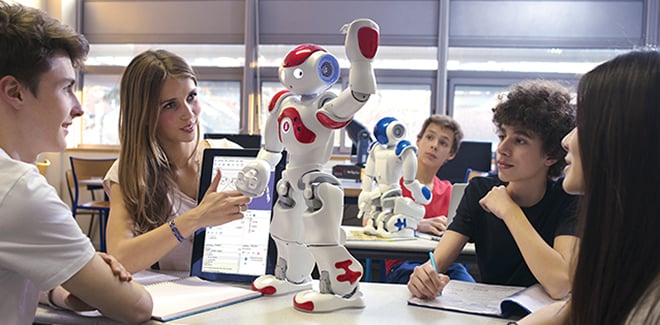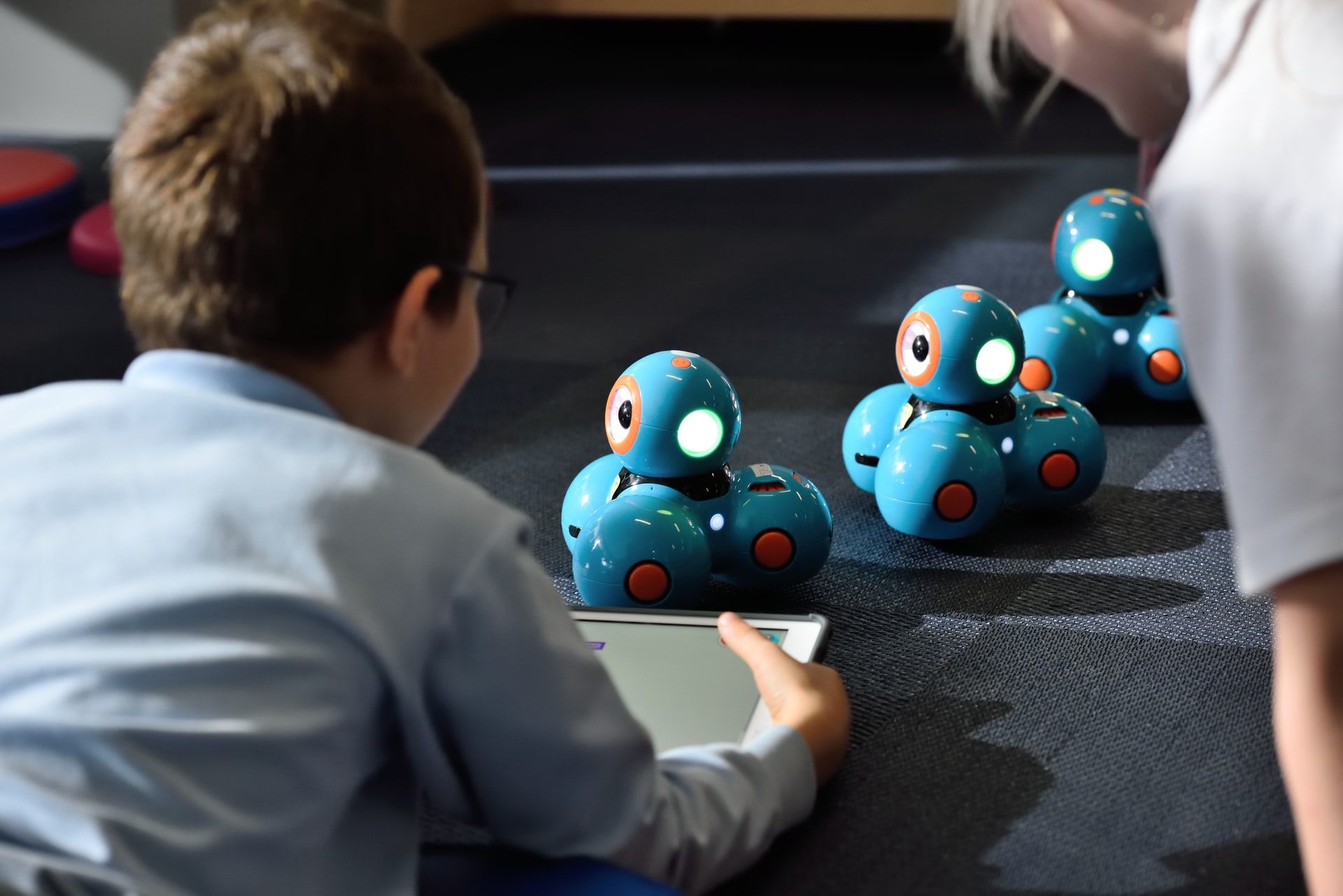By Tina Shaffer
Project-based learning (PBL) is a powerful teaching method that has extensive benefits for students, ranging from critical thinking to project management to self-confidence. According to research conducted by The Autodesk Foundation, studies have shown that project-based learning is linked to significant improvements in student test scores, attendance, and classroom engagement. It also gives teachers the opportunity to build stronger relationships with their students by acting as their hands-on learning facilitator. In essence, PBL is an instructional method where students collaborate with others and “learn by doing.” The same skills learned through PBL are also many of the skills sought by employers.
Check out 10 benefits of project-based learning and how it can better prepare our kids with life skills that set them up for future success.
Collaboration: Relationships formed during collaboration is a huge part of PBL. Not only do students learn how to work better in groups—providing their own input, listening to others, and resolving conflicts when they arise—they build positive relationships with teachers, which reinforces how great learning is. Students also form relationships with community members when working on projects, gaining insight for careers and beyond.
Problem Solving: Students learn how to solve problems that are important to them, including real community issues, more effectively—even learning from failure and possibly starting over.
Creativity: Students apply creative thinking skills to innovate new product designs and possibilities for projects.
In-Depth Understanding: Students build on their research skills and deepen their learning of applied content beyond facts or memorization.
Self-Confidence: Students find their voice and learn to take pride in their work, boosting their agency and purpose.
Critical Thinking: Students learn to look at problems with a critical thinking lens, asking questions and coming up with possible solutions for their project.
Perseverance: When working on a project, students learn to manage obstacles more effectively, often learning from failure and making adjustments until they’re satisfied with their work.
Project Management: Students learn how to manage projects and assignments more efficiently.
Curiosity: Students get to explore their curiosities, ask questions and form a new love for learning.
Empowerment: Students take ownership over their projects, reflecting on and celebrating their progress and accomplishments.
Discover more ways of effective PBL with RobotLAB


